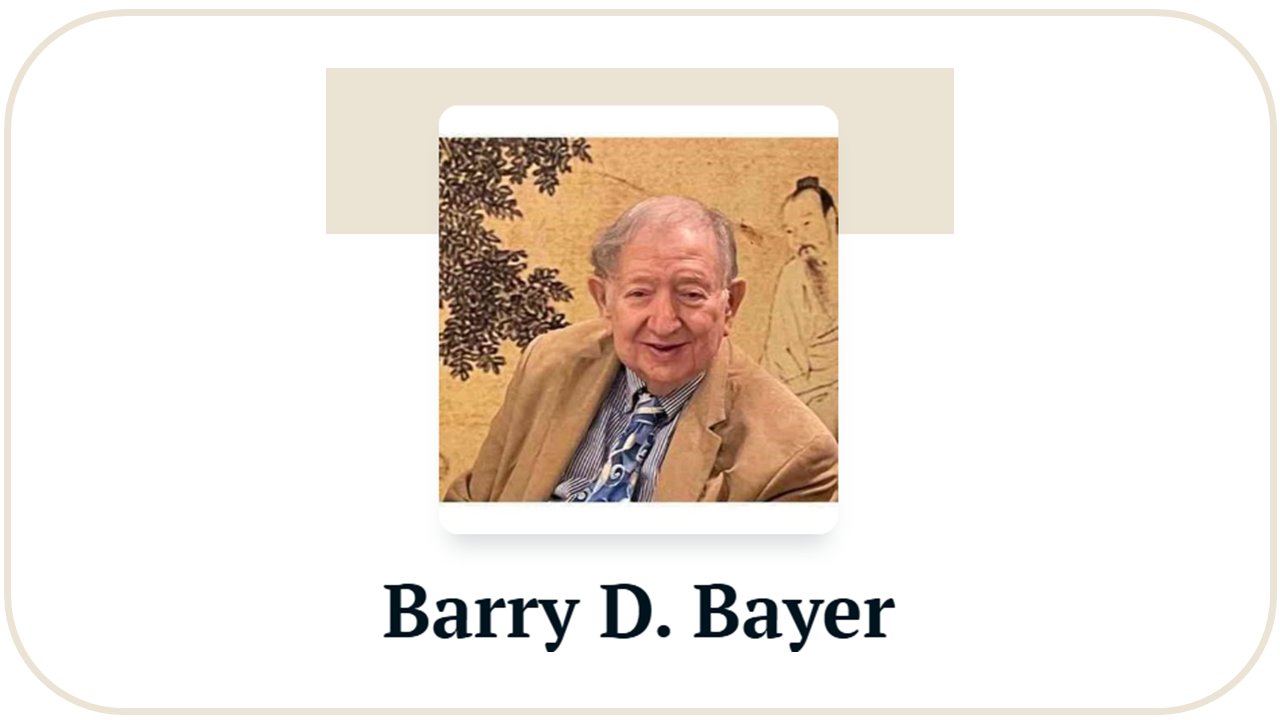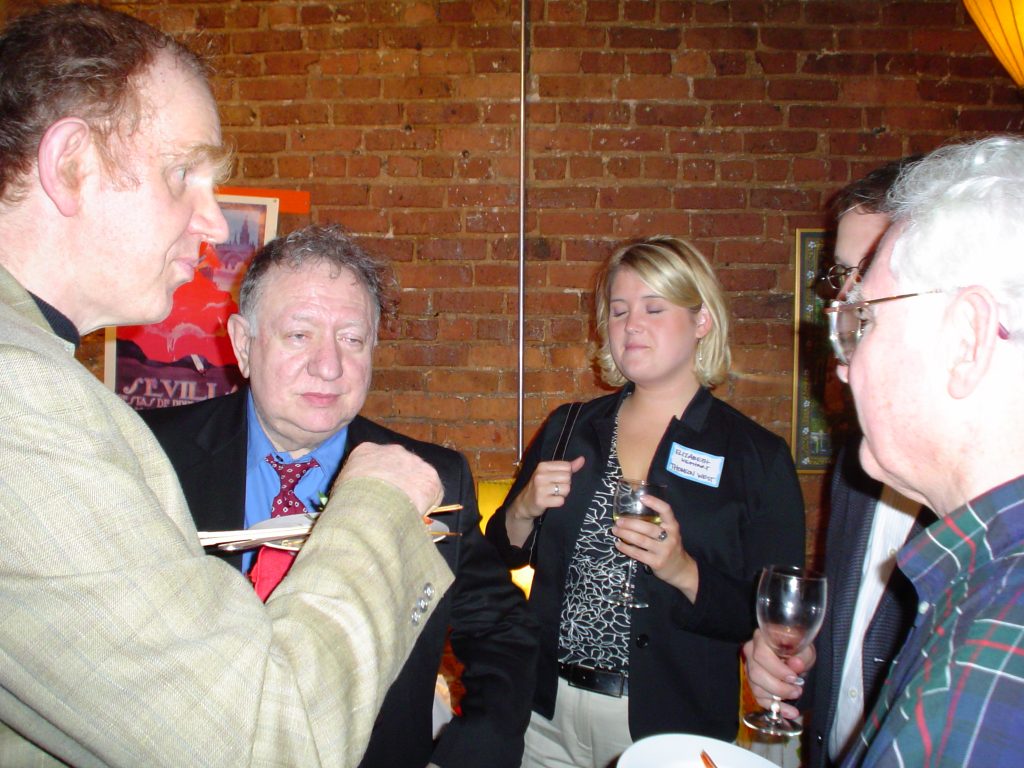People have sometimes called me the OG of legal tech reporting. But that is not so. The true OG of legal tech was Barry Bayer, who died this week at the age of 81.
Back in the day, Barry was the guy who would make legal tech execs shake in their shoes when he raised his hand at a press conference. (Yes, legal tech companies had in-person press conferences back then.) He asked the tough questions no one else did, questions that were astute, prodding, technical, tenacious. Often skeptical of vendor’s claims, he was dogged in dissecting them.
Barry was a suburban Chicago lawyer with a fascination for legal technology and its ability to transform legal practice. In 1979, he began writing a column, Law Office Technology Review, in which he reviewed legal tech products. His column was syndicated widely in legal newspapers, magazines and bar publications at the time, and he was an authoritative voice on the products to buy and the ones not to buy, particularly for solo and small-firm lawyers.
For a 1996 piece I wrote for the now-defunct Law Office Computing magazine, “Empowered or Enslaved? Technology’s Effect on the Profession,” Barry described for me how he believed technology had shifted the balance of power for lawyers in solo and small firms.
“Twenty years ago, if the small guys got involved in a case against a big firm, they would bury you with paper — motions, memoranda, etc. But give me a PC and a laser printer, and I’ll swing right back at them,” he said. “If they want to get 10 motions out from their forms, I’ll have 10 responses. And I’ll get on Lexis and Westlaw and do the same research.”
In a 2007 piece I wrote for Legaltech News (then Law Technology News), “Where to Click When You Need to Buy New (Legal) Tech,” my list included Barry’s website, where I noted that he published only summaries of his columns online, but would send the full review if one requested it.
Just as certain people today seem ubiquitous at legal tech conferences, Barry was a consistent presence at legal tech conferences then (of which there were far fewer). If you encountered him, you would be forgiven if you saw a bit of Peter Falk’s Columbo in him. I remember seeing him more than once exploring an exhibit hall with not one but two briefcases slung over his shoulders, to carry all the gear he lugged around.
But he was brilliant about tech and insightful about what lawyers needed and wanted, in large part because he was one of them, with an active solo law practice.
Regrettably, it is difficult now to find Barry’s columns online. What few links I could find to any of his articles were behind paywalls.
But in searching, I came across an article that helps characterize him. It was a 1986 piece about how big software companies were trying to push through anti-consumer click-wrap laws, written by Jay BloomBecker, who was then director of the nonprofit National Center for Computer Crime Data at California State University, and it was about people in three states who stood up to the software lobby to protect consumers.
“In the last year, four men mobilized the computer community in three different states. Smalltime operators using their own petty cash for expenses, they went up against a $50,000 corporate lobbying effort and won every time.”
As you might have guessed, one of those people was Barry. The article describes what happened:
“Barry Bayer was learning about computer politics for the first time. A member of a Chicago Bar Association Committee on Computers and Law, Bayer was aware of the software legislation from that committee’s work on it. Convinced that the bill was a poor one, he went to the state capital in Springfield to testify against the bill. His presence, and Bayer’s behind-the-scenes contacts with legislators, user groups, and the media, kept the bill from being put on the ‘consent calendar’ and approved without serious discussion. In the next week, Bayer got calls from legislators asking him if he would agree to language designed to make the bill more agreeable. What he finally agreed to, and what passed, was a bill ‘more symbolic than substantive.’ It provided for consumer protection and affirmed that nothing in the Act should change the rights conferred on software users by the Copyright Act.”
Barry was not one to take no for an answer. I first met him early in my career when I was editor-in-chief of the legal newspaper in Massachusetts, Massachusetts Lawyers Weekly. He had called and written me several times asking me to run his column. When I hung on the fence for too long to suit Barry’s taste, he flew from Chicago to Boston to meet with me. Soon after, if not that day, I agreed to pick up his column.
We became friends over the years and stayed in touch. Last year he emailed me to tell me he sat in occasionally on the Legaltech Week show we broadcast every Friday. And, keeping to character, he added a criticism of something that had happened on a recent show.
That was Barry. Brilliant. Persistent. Opinionated. Insightful. And, dare I say, a friend.
Barry was the original watchdog of legal tech, looking out for lawyers such as himself and holding companies accountable for delivering quality and affordable products. He set a high bar to which other legal tech writers can only aspire.
 Robert Ambrogi Blog
Robert Ambrogi Blog
